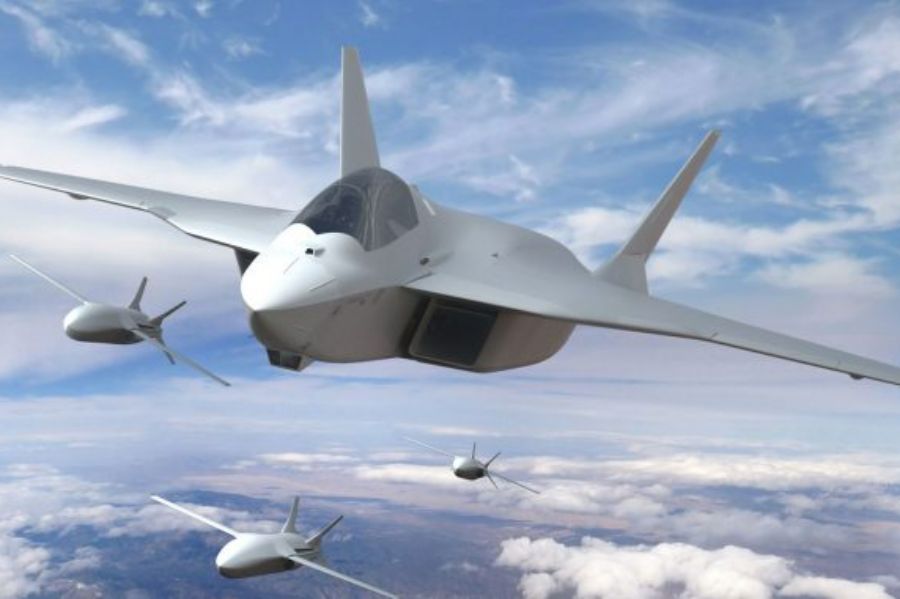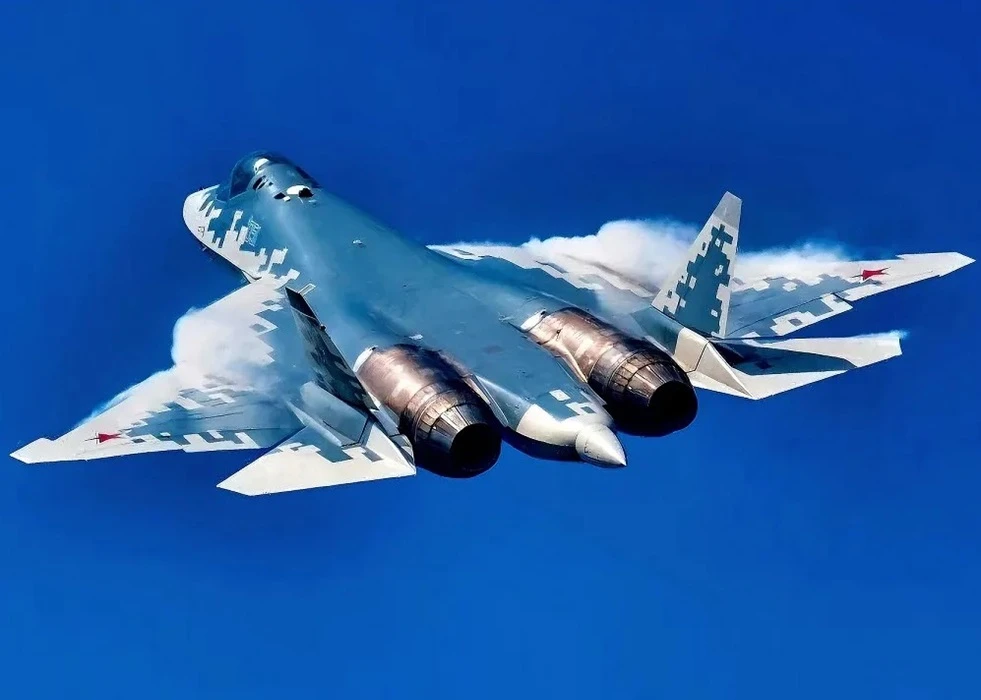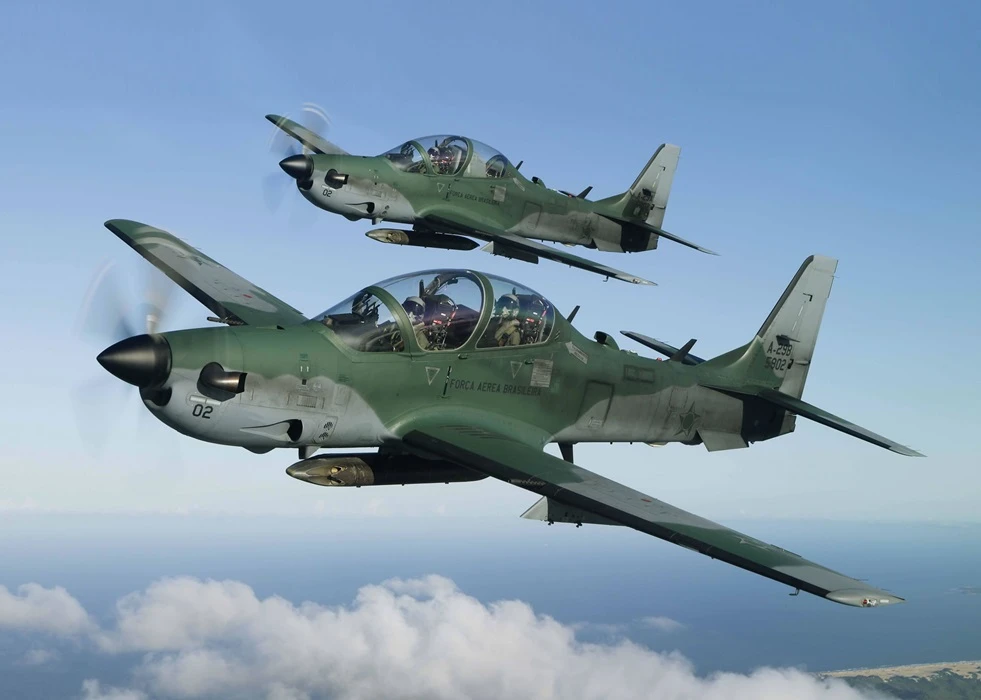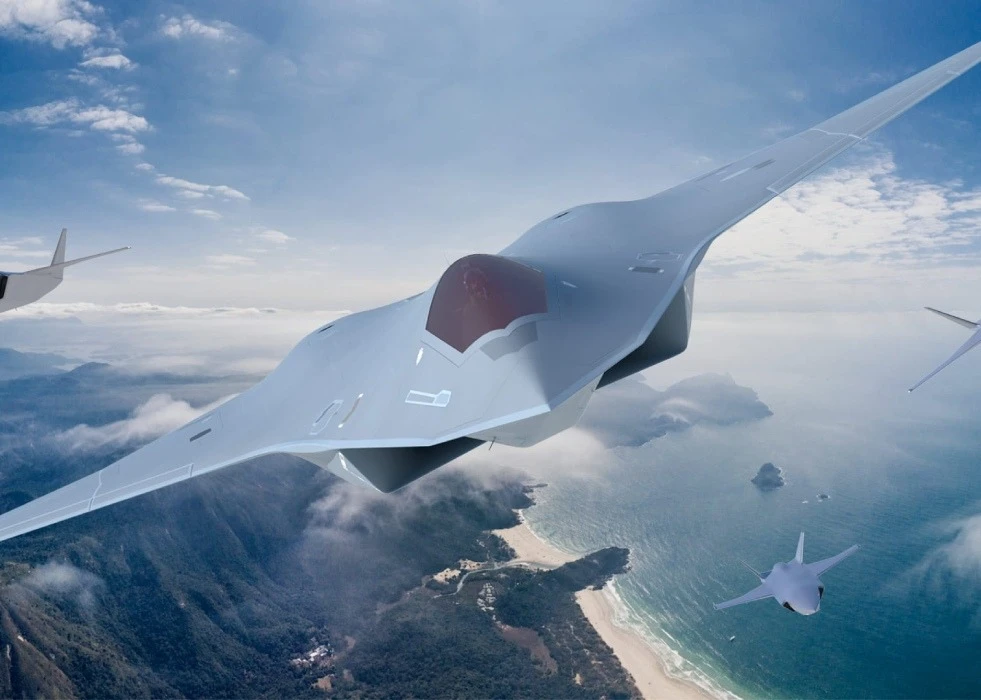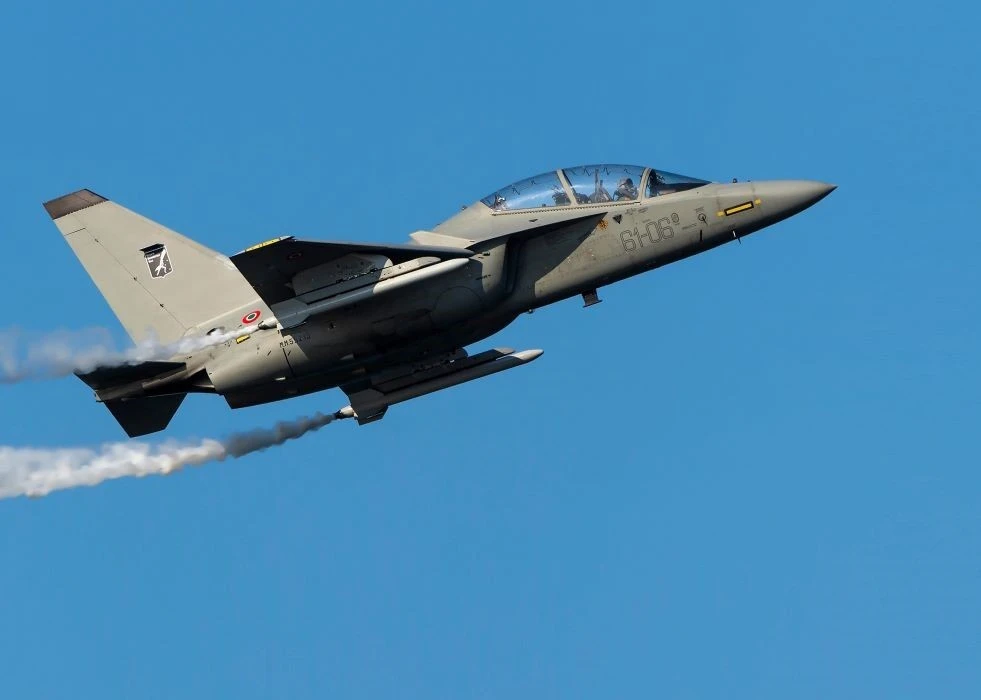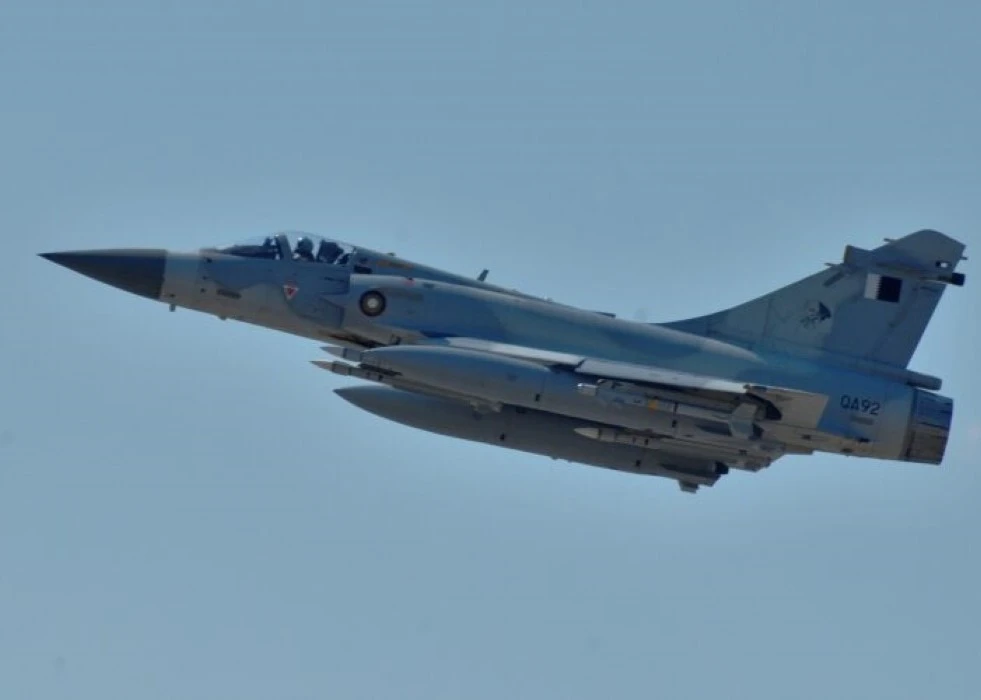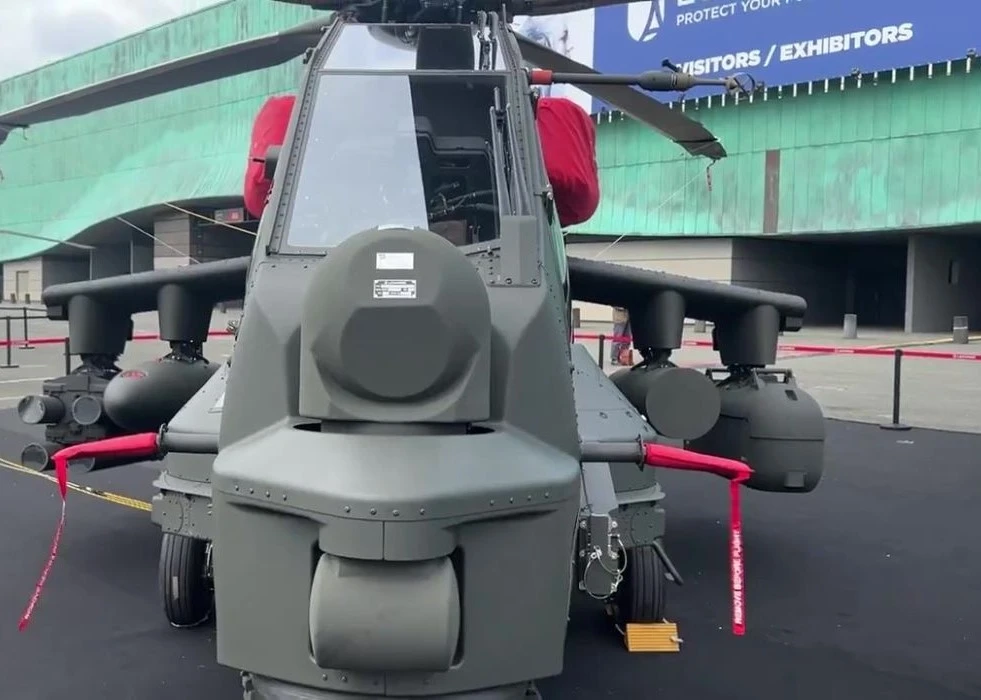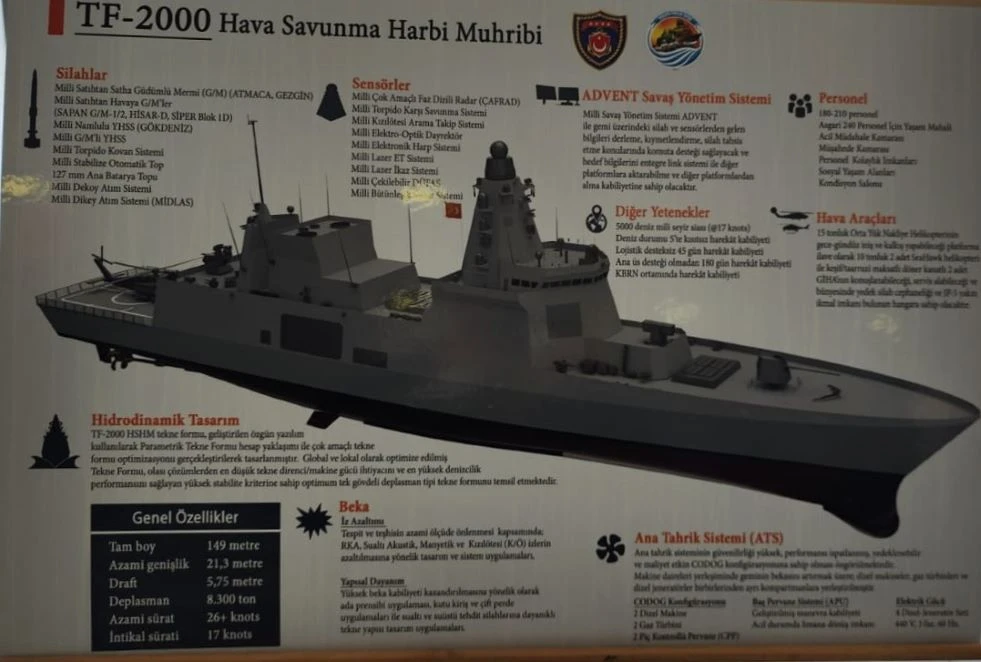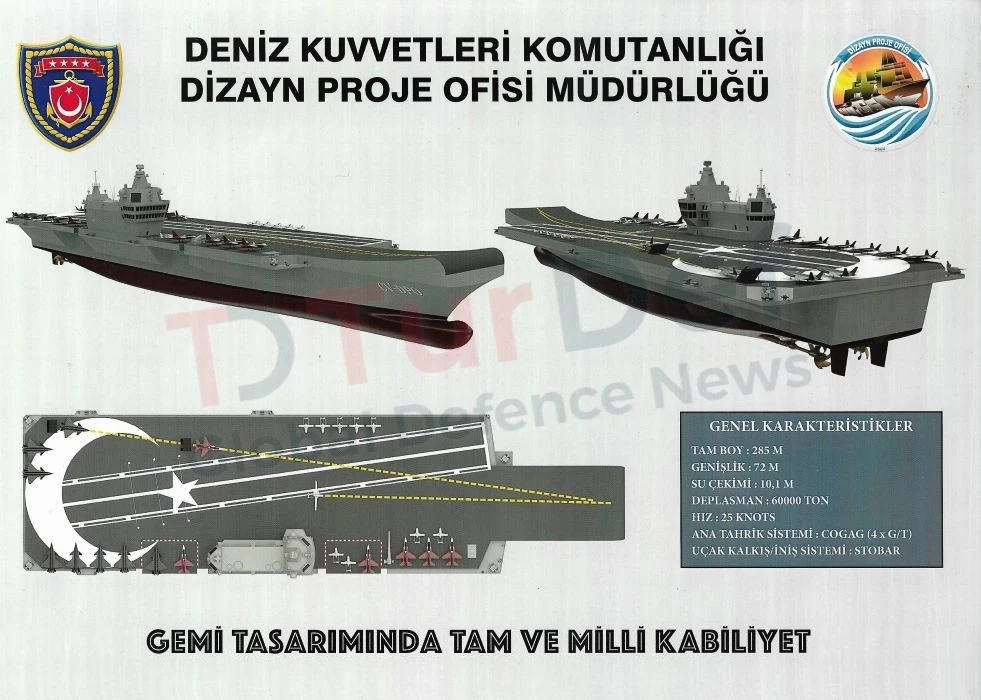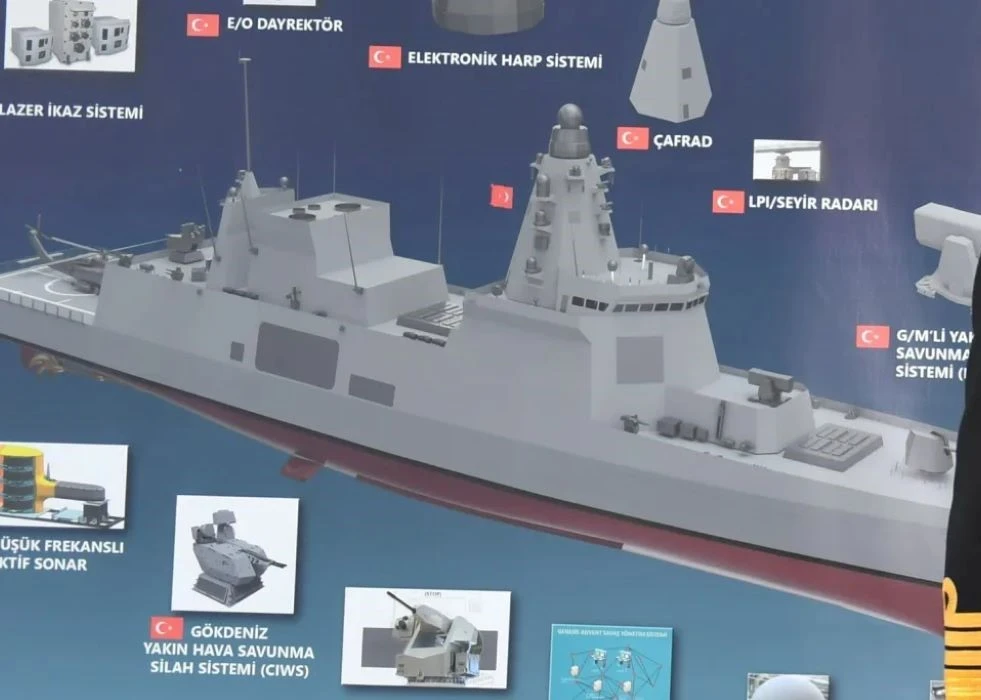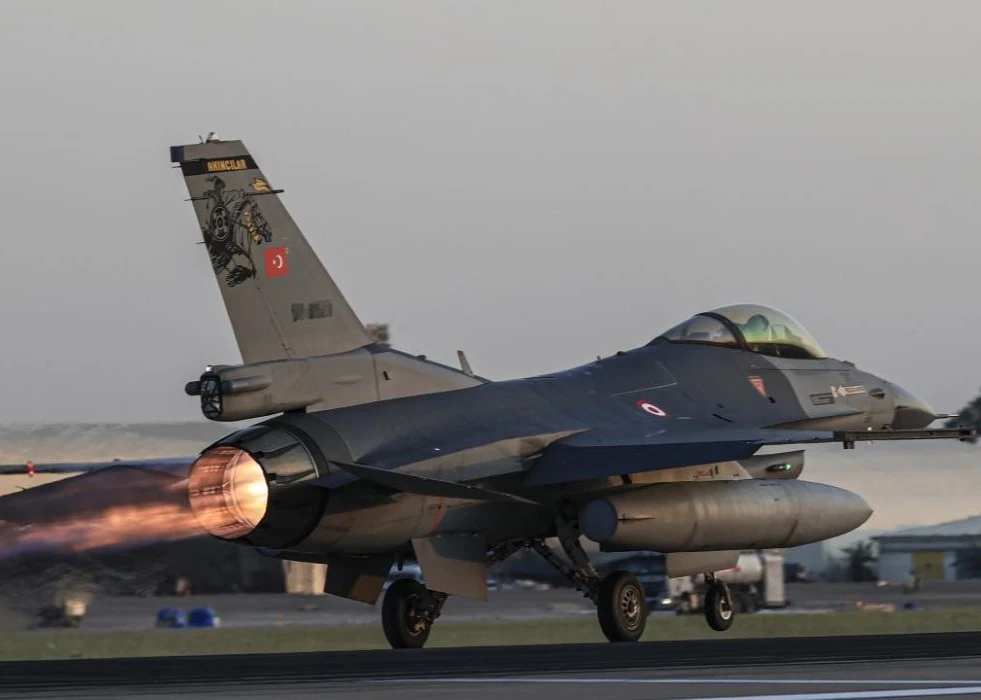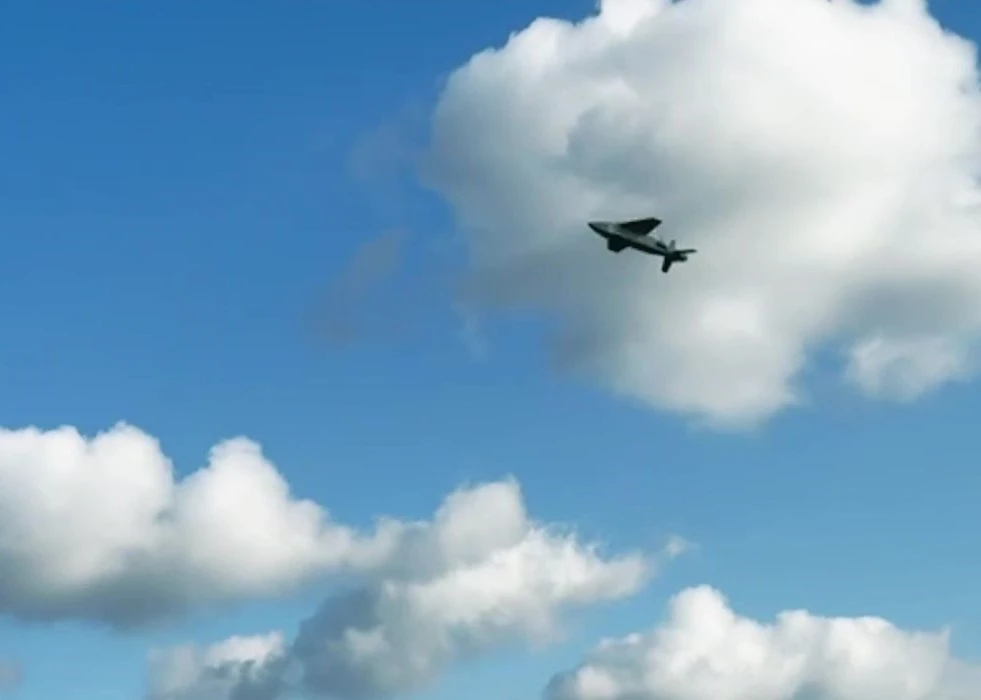Author Christian D. Villanueva Lopez claims the programme is very controversial for the Spanish Defence ministry. The author underlines that the programme was born as the European Technology Acquisition Program (ETAP) initiative to explore the needs of the EU air forces in relation to a new joint air combat weapons system. The signature of the Next-Generation Weapon System (NGWS) framework agreement where Spain joined the club has resulted differently. The defence industries’ interests were prioritized over the air forces.
The article discusses that the programme aims to be the next-generation air platform, but as it is delayed, it will not be. “According to the latest calculations by the CEO of Dassault, its entry into service could be around 2050 rather than around 2040, a date on which it seems difficult to think of a manned platform as the core of this system of systems”.
Pointing out planners’ difficulties in forecasting the future, the author states that systems need time and money to be serviced. He also questions what will happen when the platform-centric paradigm ends and the concept of a “system of systems becomes valid. This is where the large platforms, such as battle tanks, combat planes or warships, will disappear, and distributed sensors and weapons will replace them.
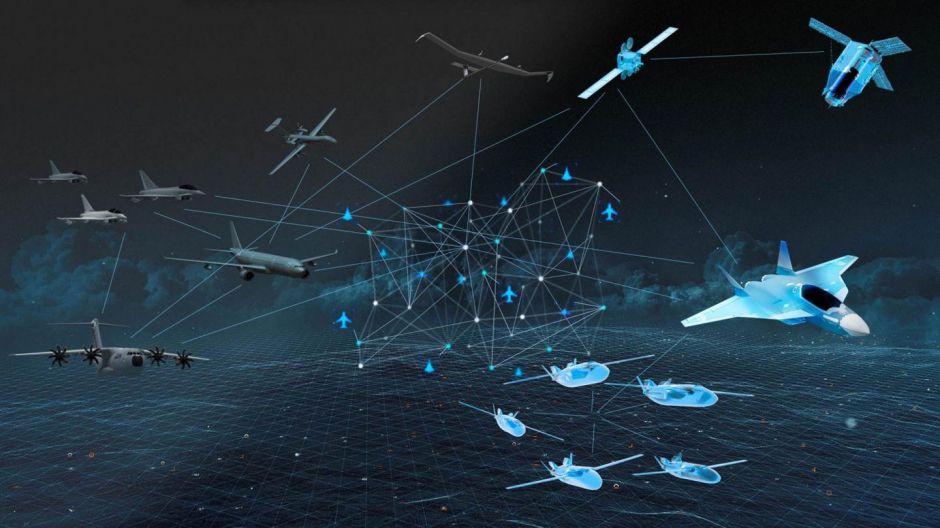
The article reminds us that FCAS was born to be a “system of systems” in which manned and unmanned platforms, new weapons, reconnaissance systems, and early warning would be integrated, but there is no progress in this direction.
The author says that the FCAS “suffers from serious problems related to the inclusion of sometimes incompatible requirements, endless negotiations, lack of definition, transaction costs and, in short, because everything above always materializes in the same way, of cost overruns, excessive development deadlines and, in most cases, delays.”
The article proposes two options for Spanish Defence: specialization in particular niches or “trying to assimilate ourselves to Germany, France or Italy by having one or several “national champions” as is the case with Airbus.”
The article concludes that “the FCAS is a project with too high a technological, industrial and financial risk in a scenario of great uncertainty motivated by the process of Military Revolution” and that the commitment to transform Indra into a “national champion” of the Defense sector, making it dependent on the FCAS program and at the expense of the interests of the Armed Forces themselves, is a mistake.


